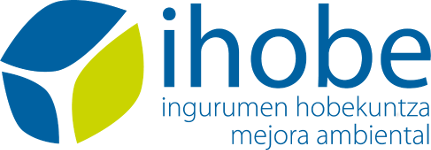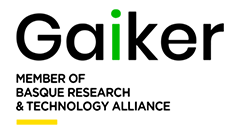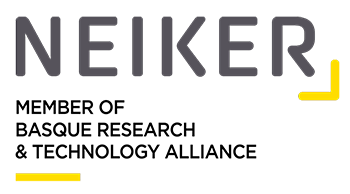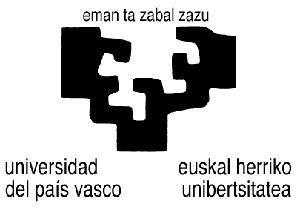BIONANO 2.0
ON-SITE SOIL DECONTAMINATION
Soil is one of the most vulnerable environments receiving pollution and its impact represents a serious global problem. In the Basque Country, there are 12,448 potentially affected sites, with the risk this entails for people's health and for ecosystems, as well as the loss of economic value. Soil remediation has been and is one of the priority environmental areas, but the use of remediation technologies is very low, with excavation and landfill being the most widely used.
IRAGAZ, the company behind BIONANO 2.0, has new and improved alternatives for the recovery of on-site soils. The NEIKER and GAIKER Technology Centres, the UNIVERSITY OF THE BASQUE COUNTRY (UPV/EHU), AZKOITIA TOWN COUNCIL and the BURTZEÑA BUSINESS PARK have been involved in the development of the project.

DRIVING FACTOR
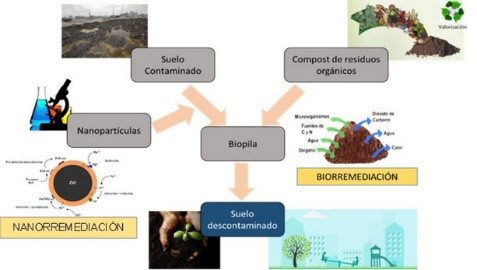
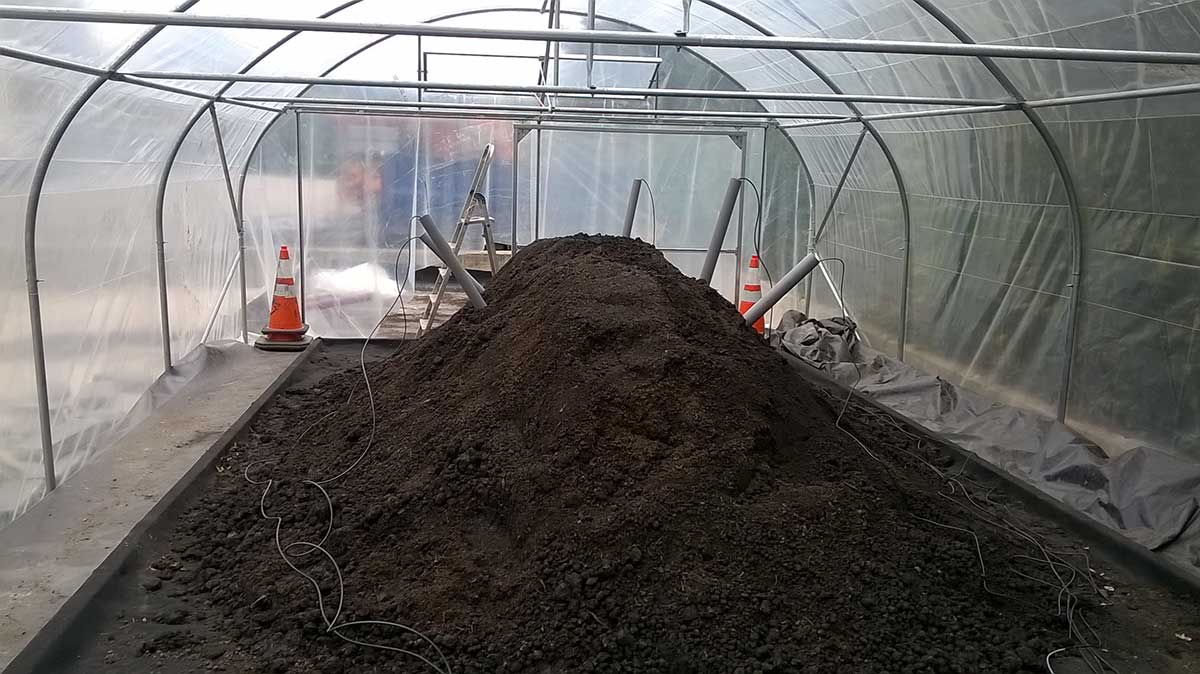
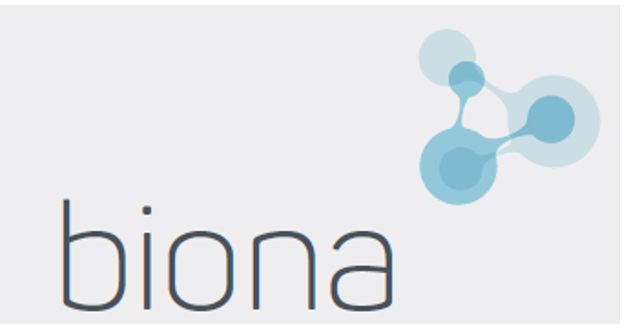
 OBJECTIVES
OBJECTIVES
- Develop viable and sustainable techniques for soil decontamination: nano-remediation using iron nanoparticles, bioremediation using compost, and mixed techniques of both.
- Offer new environmentally sustainable and competitive techniques.
- Choose the most effective technique for each case, according to contamination, time characteristics, etc.
- Eliminate transport emissions through the use of on-sitetechnologies.
- Eliminate the risk of accidental spillage through the use of on-sitetechnologies.
- Contribute to the restoration of affected areas, avoid landfill disposal and foster the use of other waste, such as compost.
 RESULTS
RESULTS
- 33% reduction of TPH (total petroleum hydrocarbons) in 4 months using bioremediation using SUW (solid urban waste) compost. Biological activity is fostered with an operationally dynamic and monitored static biopile.
- Reduction of 35% of TPH, 50% of PAHs (polycyclic aromatic hydrocarbons) and fixation of 70% of lead, 90% of antimony and 65% of arsenic using nano-remediation using zero-valent nano-iron (nZVI), which acts as a strong non-toxic reductant capable of reacting with a wide range of metal, organic, organochlorine pollutants, etc.
- 70% reduction of TPH in 2 months using BIONA nano-bioremediation, mixed technique of nZVI nanoparticles and SUW compost. It is a sequential technology with positive synergies: more remediation in less time and a solution for mixed contamination.
- IRAGAZ obtained a patent for the mixed nano-bioremediation technique, BIONA
 CONCLUSIONS
CONCLUSIONS
- IRAGAZ works with 3 soil treatment techniques that are environmentally friendly and non-toxic for living beings. The most appropriate technique should be assessed in each individual case.
- IRAGAZ's innovative patented BIONA technology increases the efficiency and effectiveness of remediation, reducing time and costs and broadening the uses (e.g. for mixed contamination).
- The combination of methods opens up the possibility of considering chemical/biological oxidation-reduction reaction sequences for more specific treatments.
- Based on the results of BIONANO 2.0, IRAGAZ could generate new activity in land recovery and favour the socio-economic development of depressed areas.
ENVIRONMENTAL
TECHNICAL
ECONOMIC
COMMERCIAL
ON THE MARKET
